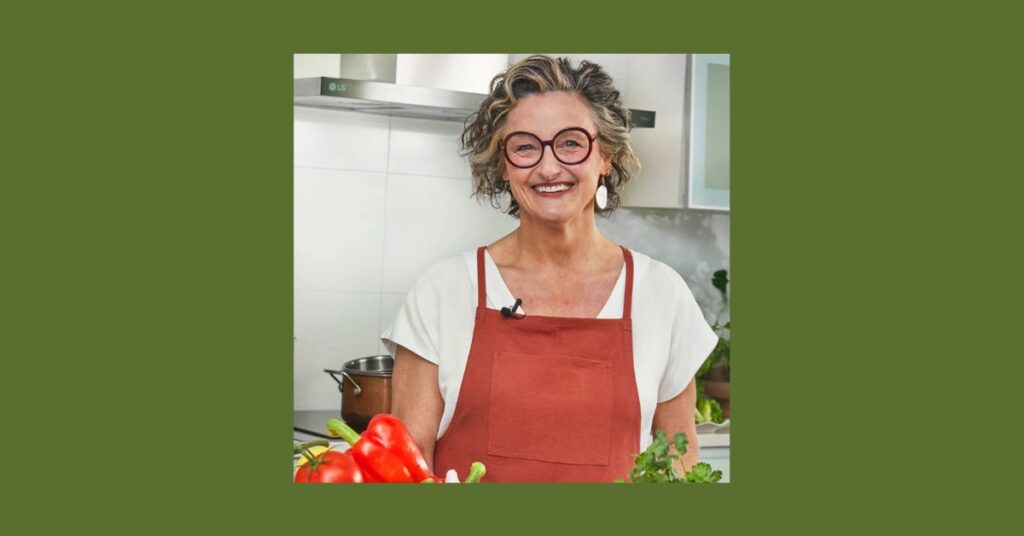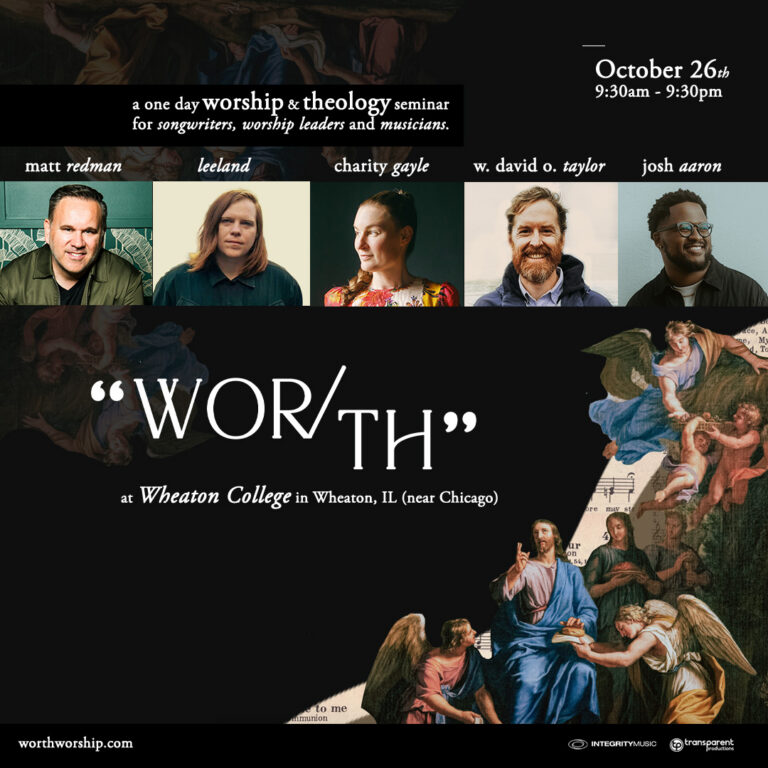By: Joni Boyd
Julie Goodwin’s ‘Dinner Club’ uses cooking to teach men in juvenile detention not only culinary skills but also social responsibility.
Julie Goodwin has always been open about her battles with anxiety, PTSD, and depression.
Through a journey of confronting childhood trauma, she was able to rediscover resilience, the first step toward healing.
“It’s really important if that stuff comes up, I think, that we look at it and actually seek some help,” Julie said.
This self-awareness paved the way for a deeper understanding of herself and her mental health.
Julie’s journey highlights a crucial message: recovery isn’t a one-size-fits-all approach.
It’s messy and personal, and it’s okay to take it one step at a time.
Julie’s “Dinner Club” initiative takes the concept of food as therapy to a whole new level.
Working with young men in juvenile detention, she uses cooking to teach not only culinary skills but also social responsibility.
By gathering around a table and sharing a meal, these men are introduced to the power of community.
“The idea was just to get into the juvenile detention centre and teach these boys how to cook, but for me, far more importantly, how to share the responsibility of cooking and how to eat around a table as a family,” Julie said.
It’s a reminder that food isn’t just about sustenance—it’s a bridge to connection and healing.
In a world where isolation often exacerbates mental health struggles, shared meals can help us feel grounded and less alone.
Article supplied with thanks to Hope Media.
Feature image: Publicity image & background by Canva
About the Author: Joni Boyd is a writer, based in the Hawkesbury Region of NSW. She is passionate about the power of stories shared, to transform lives.





